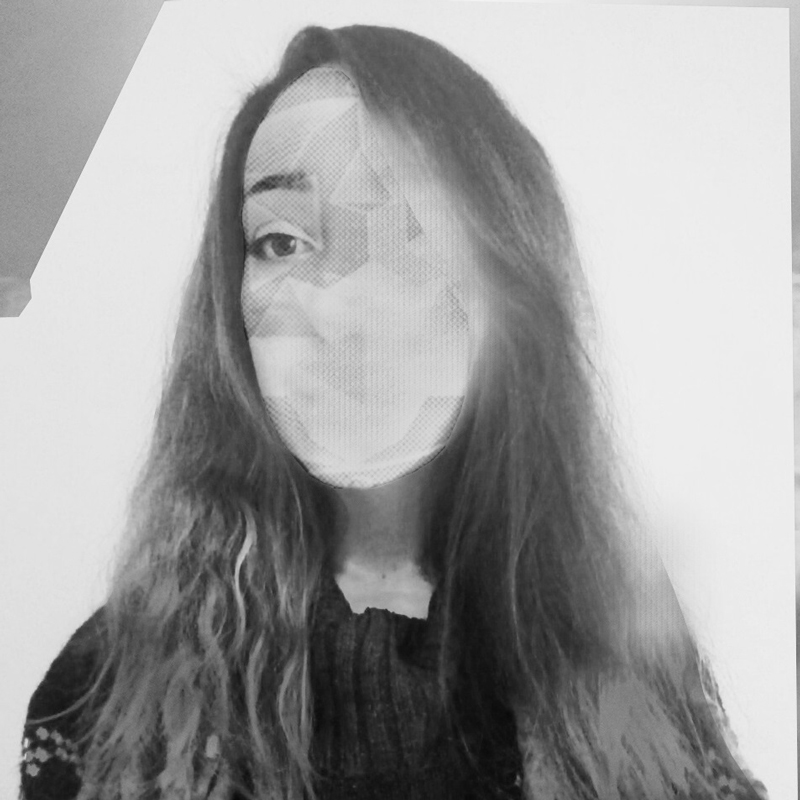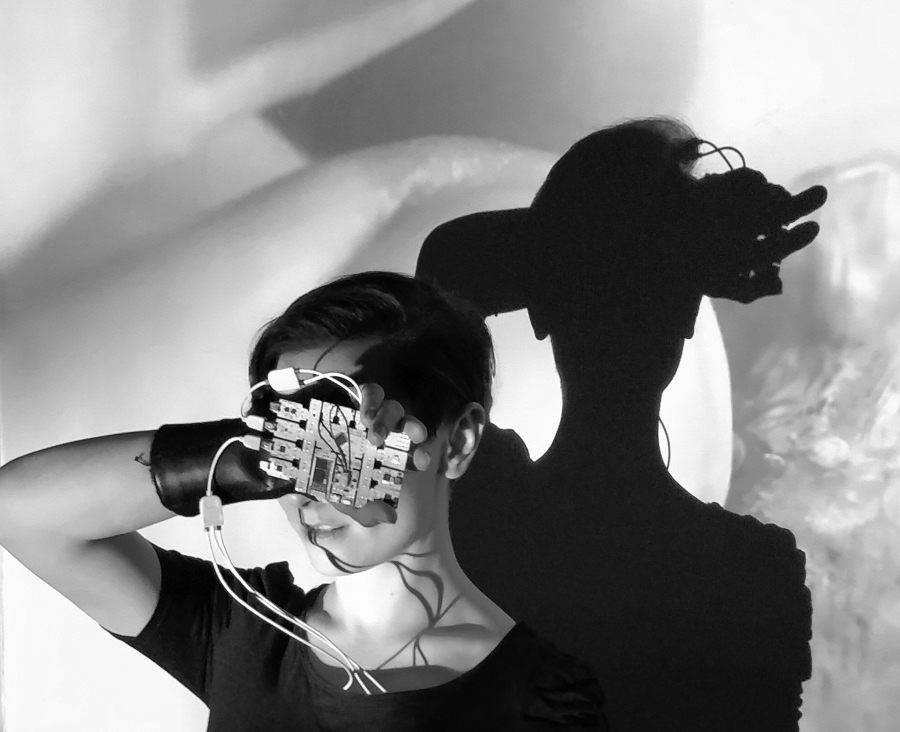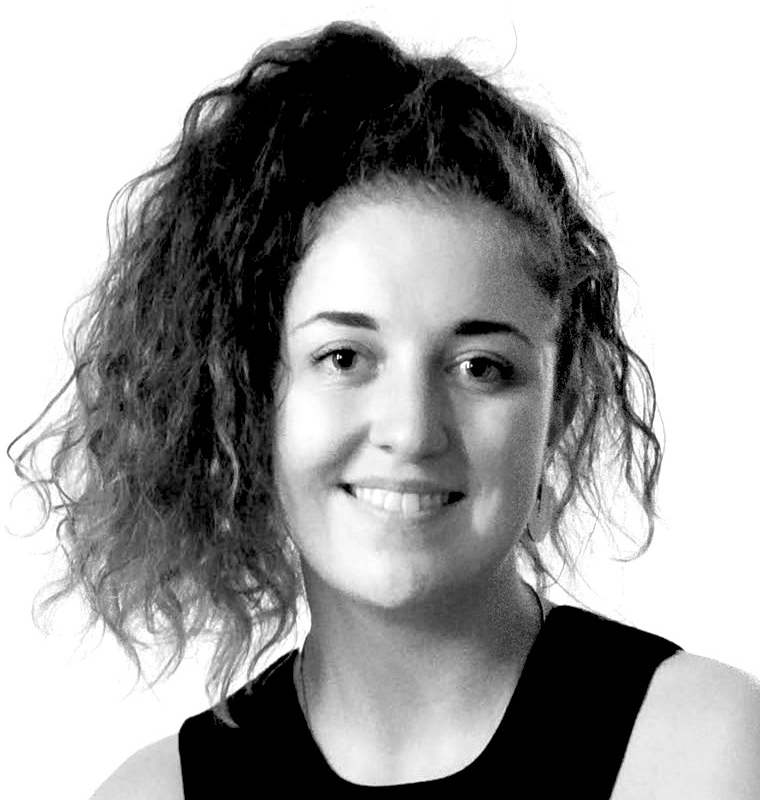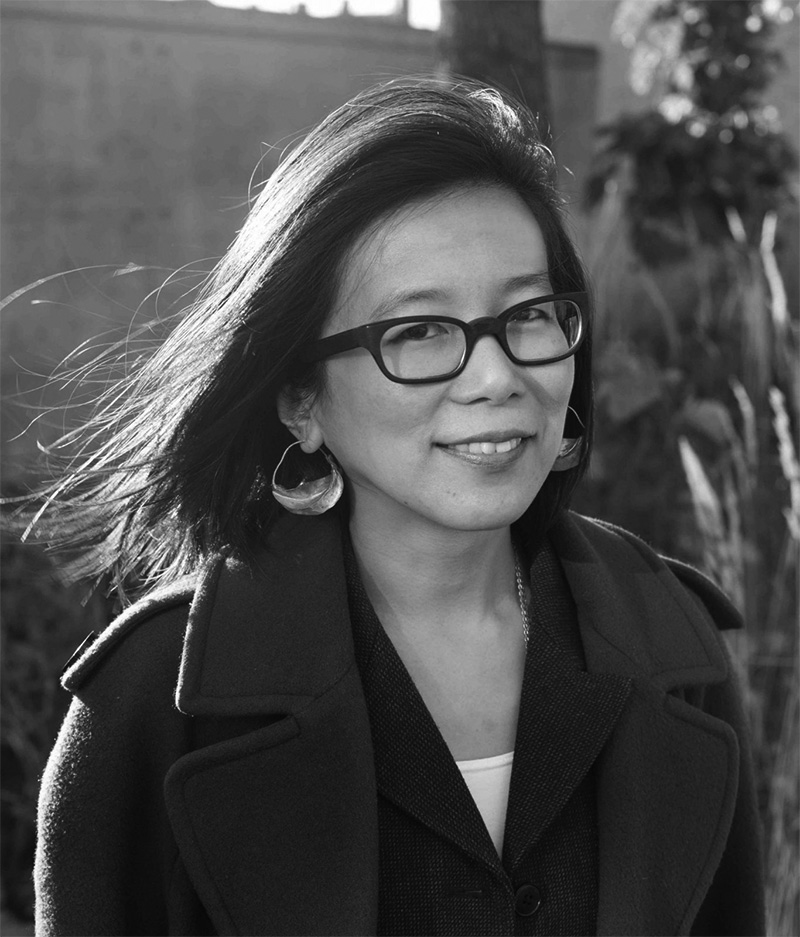What does it mean to be seen by machines and can we trust machine vision?
How do technologies discriminate and what impact is this having on people?
Artists have historically experimented with human perception and utilised the ways in which people see things differently, but what are the implications of artistic practices which incorporate the technologies of machine learning?
Join us for this online event reflecting on the politics, social outcomes and power dynamics at play in working with AI. Over the course of the evening three artists will present their work: Kin (Cultura Plasmic INC), Sophie Hoyle and Kristina Tica. The presentations will be followed by a conversation chaired by curator, educator and agitator Dr Cecilia Wee and a Q&A with the audience.

Kin is a multi-pseudonymous artist and essayist from Newcastle upon Tyne. She works with sound, video, sensors and installation to explore the social, environmental and psychological aspects of digital technology, with a particular focus on the politics of surveillance-communications networks. Over the last few years she has developed a creative language that uses light and visibility to form critiques of surveillance, as well as raising awareness about the social inequalities perpetuated by data-gathering practices and predictive technologies. Kin’s work often emerges from philosophical reflections on technology and the dynamics of power and control. See more of Kin's work on her website.

Sophie Hoyle is an artist and writer whose practice explores an intersectional approach to post-colonial, queer, feminist, critical psychiatry and disability issues. Their work looks at the relation of the personal to (and as) political, individual and collective anxieties, and how alliances can be formed where different kinds of inequality and marginalisation intersect. They relate personal experiences of being queer, non-binary and part of the SWANA (South-West Asian and North African) diaspora to wider forms of structural violence. From lived experience of psychiatric conditions and trauma (or PTSD), they began to explore the history of biomedical technology and its relation to state and military surveillance and control. You can see more of Hoyle's work on their website.

Kristina Tica is a Belgrade-based artist and researcher focused on practical and theoretical research in machine learning and critical AI. Using machine learning algorithms to create her works, she aims to address aesthetic and ethical elements of the implementation of such tools, following the current innovations in automated image-making and image-reading processes. Her body of work explores semiotic keys and visual languages in different media, such as painting, video, installation and generative new media art with elements of interactivity. See more of Tica's work on her website.

Dr Cecilia Wee (FRSA) is an independent curator, researcher and educator who grew up in Thatcher’s London. Cecilia works with experimental sound, performance, visual art and design practices, and is passionate about addressing issues of inequality and precarity in the cultural sector and beyond. She is a Visiting Tutor in Visual Communication at the Royal College of Art, a Consultant Producer (Fair & Equitable programme) with Contemporary Visual Arts Network England and founder of tdwm studio. Find out more about Cecilia's work through their website.
Can you spare a few moments? Autograph is carrying out a survey to better understand who our digital audiences are. The survey should take no longer than five minutes to complete. Anything you tell us will be kept confidential, is anonymous and will only be used for research purposes.
The information you provide will be held by Autograph and The Audience Agency, who are running the survey on our behalf. In compliance with GDPR, your data will be stored securely and will only be used for the purposes it was given.
You can take the survey here. Thank you!
This event has been curated by Kin (Cultura Plasmic INC) as part of the Transforming Leadership programme.
Banner image: Sophie Hoyle, Chronica, 2018. Photo © Hydar Dewachi
Other images on page, from top: 1) Kin (Cultura Plasmic INC), Crystalline Unclear [still], 2021. 2) Kristina Tica, FUTUREFALSEPOSITIVE, 2021. Photo © Miha Godec. 3) Kin (Cultura Plasmic INC) 4) Sophie Hoyle 5) Kristina Tica. Photo by Tom Mesic. 6) Cecilia Wee. Photo by Louis Schreyer.
Discover more images: 1) Image by Kin (Cultura Plasmic INC), courtesy of the artist. 2) Transforming Leadership graphic. 3) Mónica Alcázar-Duarte, 200 Billion Per Year [detail], 2021. © the artist
Autograph is a space to see things differently. Since 1988, we have championed photography that explores issues of race, identity, representation, human rights and social justice, sharing how photographs reflect lived experiences and shape our understanding of ourselves and others.